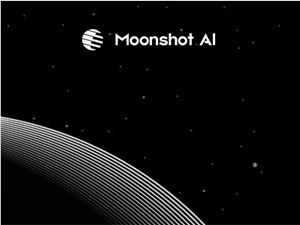[AIbase Report] On Tuesday, Anthropic announced the release of a research preview of Claude for Chrome, an AI agent based on the browser. This agent is powered by the Claude AI model and is currently available to 1,000 subscribers of the Anthropic Max plan (with a monthly subscription fee of $100 to $200), with others able to join a waiting list.
By installing a Chrome extension, some users can interact directly with Claude in the browser's Sidecar window. Claude can not only maintain the context of web operations but can also perform browser actions and manage tasks upon user authorization.

Browsers are becoming the new battlefield for AI laboratories. Perplexity recently launched an AI browser called Comet, while OpenAI has been reported to be about to release a similar product; Google has integrated Gemini into Chrome. As the U.S. antitrust case approaches its decision, Google may be forced to sell Chrome. Notably, Perplexity has proposed a 3.45 billion dollar acquisition offer, and OpenAI CEO Sam Altman has publicly expressed interest in acquiring it.
However, AI browser agents also bring security risks. Last week, the Brave security team disclosed that Comet had a vulnerability that could be exploited through "indirect prompt injection attacks," potentially allowing malicious website code to trick it into executing commands (the vulnerability has since been fixed). Anthropic emphasized in its blog that this research preview aims to identify and address potential risks in advance and has introduced multiple defense measures, reducing the success rate of such attacks from 23.6% to 11.2%.
For example, users can restrict Claude's access to specific websites, and by default, Claude cannot access financial services, adult, or pirated websites. Additionally, before performing high-risk operations such as publishing, purchasing, or sharing personal data, Claude will force users to provide permission.
As early as October 2024, Anthropic had tested an AI agent capable of controlling the computer screen, but it was limited due to poor performance. Now, with the rapid development of agent-based AI, tools like Comet and ChatGPT Agent can reliably complete some simple tasks, although they still have limitations when handling complex operations.
As major companies race to establish their positions, AI browser agents are moving from the experimental stage to the center of core competitiveness competition.










